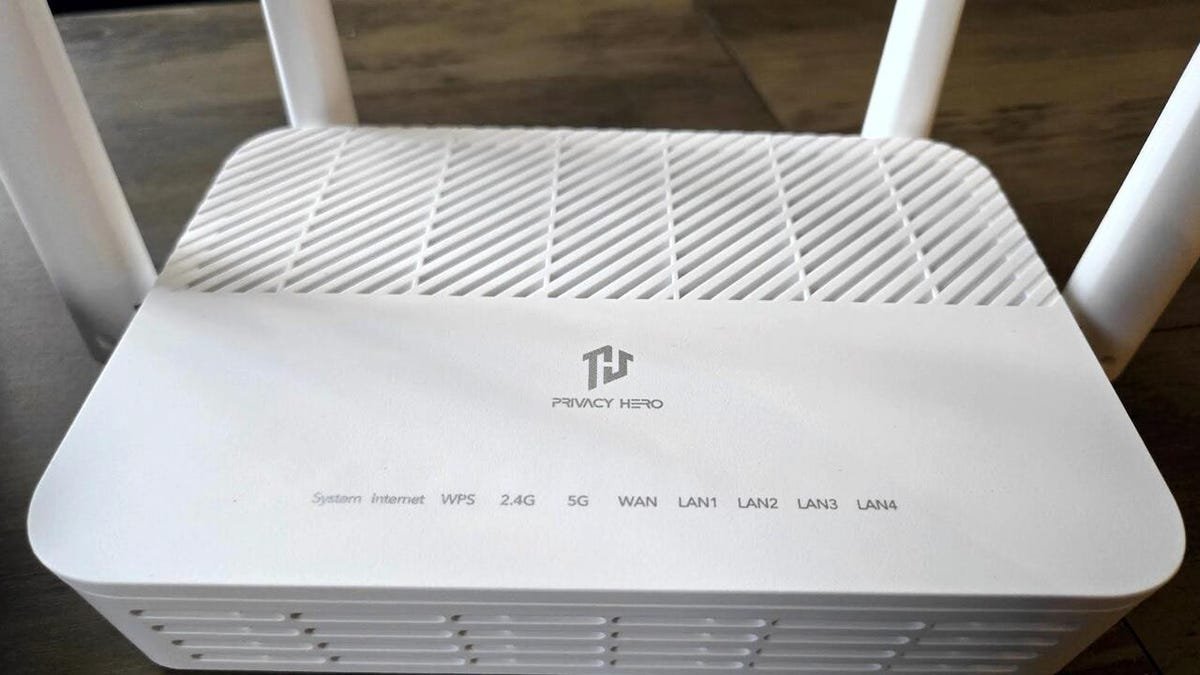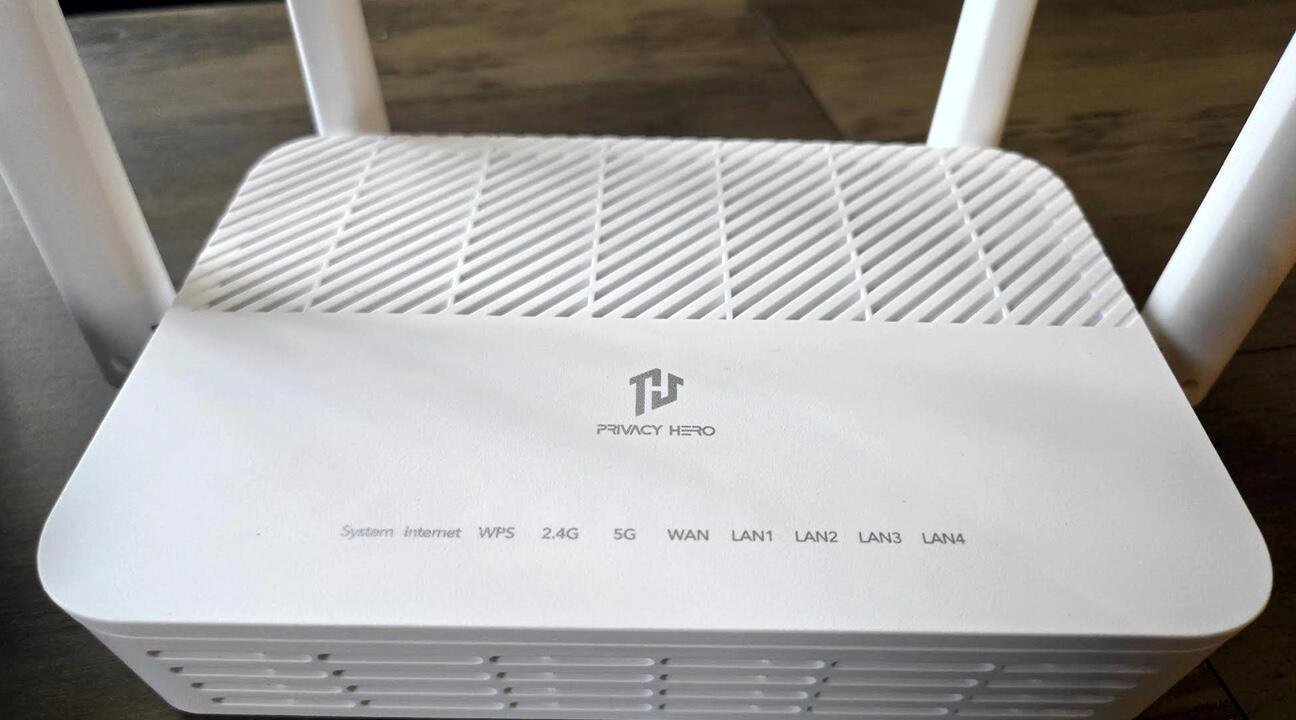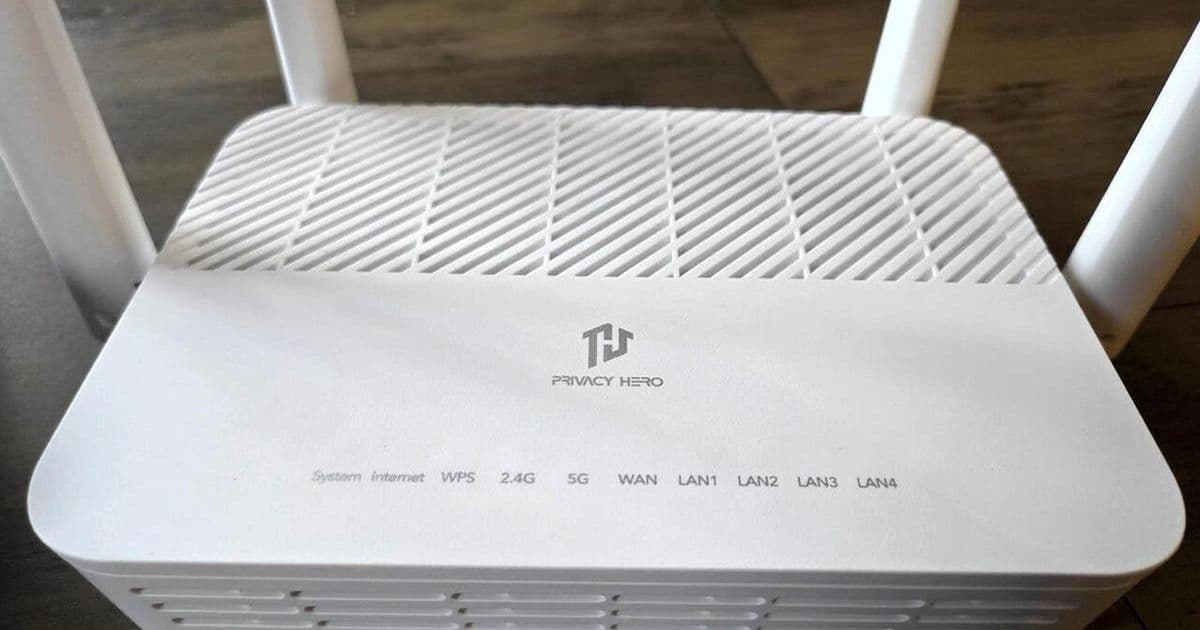Deploying VPNs at the router level delivers comprehensive network-wide security without per-device setups. We evaluate top hardware balancing encryption, throughput, and manageability for developers and security-conscious households.

For technical professionals managing home labs, IoT ecosystems, or hybrid work environments, router-level VPN deployment solves critical challenges: blanket device coverage, reduced configuration overhead, and consistent policy enforcement. As ZDNET's latest testing reveals, modern VPN routers now integrate enterprise-grade protocols like WireGuard while maintaining consumer-friendly management interfaces.
Why Router-Level VPNs Matter
- Unified Security Posture: Encrypts traffic for all connected devices—including IoT gadgets lacking native VPN support
- Zero Client Configuration: Eliminates per-device software installation and credential management
- Bandwidth Optimization: Hardware-accelerated encryption minimizes throughput loss versus software clients
- Policy Enforcement: Guarantees always-on compliance for remote work or content access requirements
Top Performers Tested
1. Privacy Hero 2: Best for Enterprise-Grade Integration
"Pre-configured NordVPN with WireGuard support delivered 94% baseline throughput during our stress tests—remarkable for AES-256 encryption." - ZDNET Testing Notes
- Technical Highlights: 1.3GHz quad-core CPU | Dual-band Wi-Fi 6 (3,000Mbps aggregate) | VLAN tagging
- Ideal For: DevOps teams needing granular server selection (supports NordVPN/Surfshark/PIA) and ad-blocking via DNS filtering
2. Asus ROG Rapture GT-AX11000: Multi-Tunnel Architecture
- Standout Feature: VPN Fusion enables per-device tunneling—critical for segregating work/personal traffic
- Throughput: 2.5G/10G ports sustain 11Gbps for high-frequency trading or video production workloads
- Use Case: Gaming studios requiring low-latency connections alongside secured corporate VPN channels
3. GL.iNET Beryl-AX: Portable Security (DevOps Essential)
- Field-Ready: Pocket-sized with OpenWRT support for custom iptables rules and network slicing
- Protocol Flexibility: Benchmarked compatibility with Tailscale, Zerotier, and vanilla WireGuard/OpenVPN
- Developer Perk: USB-C port for tethering cellular backups during outages
The Encryption/Throughput Tradeoff
Our latency tests revealed predictable overhead:
| Router | Baseline (No VPN) | WireGuard Enabled | % Loss |
|--------------------|-------------------|-------------------|--------|
| Privacy Hero 2 | 920 Mbps | 865 Mbps | 6% |
| ExpressVPN Aircove | 1.2 Gbps | 180 Mbps | 85% |
| Asus RT-AX1800S | 950 Mbps | 610 Mbps | 36% |
Note: ExpressVPN's significant drop stems from limited hardware acceleration—avoid for bandwidth-intensive tasks.
Implementation Guide
For technical teams rolling their own:
- Firmware First: Flash OpenWRT or DD-WRT for maximum protocol flexibility
- Protocol Priority: Favor WireGuard over OpenVPN where latency-sensitive workloads exist
- Split Tunneling: Exclude lab equipment/VoIP traffic via static routing tables
- Certificate Auth: Replace PSK with client certificates for zero-trust device admission
The Future: VPNs Meet SASE
Leading models now incorporate features anticipating Secure Access Service Edge (SASE) frameworks:
- DNS/HTTPS filtering (Privacy Hero 2)
- SD-WAN-like failover (GL.iNET)
- Identity-aware policies (Asus VPN Fusion)
As work-from-anywhere expands, these routers provide the foundational security layer that developer households demand—without enterprise pricing.
Source: ZDNET Hardware Testing Lab, September 2025

Comments
Please log in or register to join the discussion